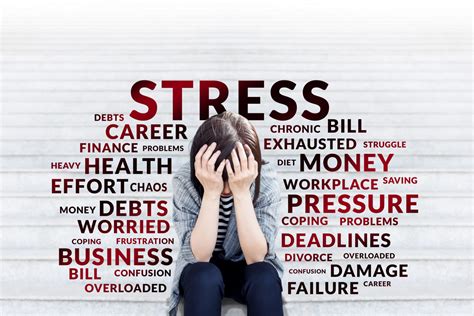Optimize workout recovery to maximize muscle gain & daily performance?

Beyond the reps and sets, the real magic of muscle growth and sustained energy happens when you’re *not* working out. Effective recovery is the unsung hero of any fitness journey, determining not just how quickly your muscles adapt and grow, but also how energized and focused you feel day-to-day. Ignoring recovery is like trying to build a house without letting the cement dry – it simply won’t stand strong.
The Science Behind Recovery and Growth
When you lift weights or engage in intense exercise, you create microscopic tears in your muscle fibers. This process, known as muscle damage, triggers a repair response. During recovery, your body not only repairs these tears but overcompensates, making the fibers stronger and larger to better withstand future stress. This is the essence of muscle hypertrophy. Simultaneously, your nervous system recovers, energy stores are replenished, and inflammation subsides, all crucial for cognitive function and physical readiness.

Pillar 1: Prioritize Sleep for Optimal Repair
Sleep is arguably the most critical component of recovery. During deep sleep stages, your body releases human growth hormone (HGH), essential for tissue repair and muscle growth. Insufficient sleep elevates cortisol (stress hormone) levels, which can hinder muscle repair and even lead to muscle breakdown. Aim for 7-9 hours of quality sleep per night. Establish a consistent sleep schedule, create a dark, cool, and quiet sleep environment, and limit screen time before bed to optimize your body’s natural repair processes.

Pillar 2: Fuel Your Body with Strategic Nutrition
What you eat post-workout and throughout the day profoundly impacts recovery.
- Protein: Essential for muscle repair and synthesis. Consume adequate protein (e.g., 1.6-2.2g per kg of body weight) spread throughout the day, with a focus on post-workout intake.
- Carbohydrates: Replenish glycogen stores, which are your muscles’ primary energy source. After intense workouts, consuming fast-digesting carbs helps kickstart the recovery process.
- Healthy Fats: Support hormone production and reduce inflammation.
- Hydration: Dehydration impairs performance and slows recovery. Drink plenty of water throughout the day, especially around your workouts.
Consider a post-workout shake or meal containing a mix of protein and carbohydrates within a couple of hours of training to maximize recovery windows.
Pillar 3: Embrace Active Recovery and Mobility Work
While rest is crucial, complete inactivity isn’t always the best approach. Light activities like walking, cycling, or swimming can increase blood flow to muscles, helping to deliver nutrients and remove metabolic waste products without causing further damage. Incorporate stretching, foam rolling, and mobility exercises into your routine. These practices improve flexibility, reduce muscle soreness, and enhance range of motion, preparing your body for future workouts and reducing injury risk.

Pillar 4: Manage Stress and Listen to Your Body
Chronic stress, whether from work, personal life, or overtraining, significantly impacts recovery. Elevated stress levels release cortisol, which, as mentioned, can catabolize muscle tissue and impair sleep. Practices like meditation, deep breathing, or simply taking time for hobbies can help mitigate stress. Equally important is learning to listen to your body. Don’t push through extreme fatigue or persistent pain. Deload weeks, rest days, and adjusting training intensity are vital tools in a sustainable fitness journey.

Integrating Recovery for Peak Performance
Optimizing recovery isn’t just about faster muscle growth; it’s about sustained high performance in all aspects of your life. When your body is properly recovered, you experience:
- Improved energy levels and reduced fatigue.
- Enhanced cognitive function, focus, and mood.
- Better physical performance in subsequent workouts.
- Reduced risk of injury and overtraining.
- A stronger immune system.
By prioritizing sleep, strategic nutrition, active recovery, and stress management, you create an environment where your body can thrive, adapt, and consistently perform at its best, both inside and outside the gym.

Workout recovery is not an optional add-on; it’s an integral, non-negotiable part of the training process. By consciously integrating these recovery strategies into your lifestyle, you’re not just maximizing your muscle gain potential, but also unlocking a new level of daily energy, mental clarity, and overall well-being. Treat your recovery with the same dedication you give your workouts, and watch your progress soar.







